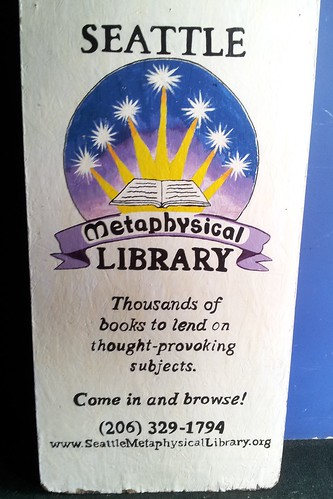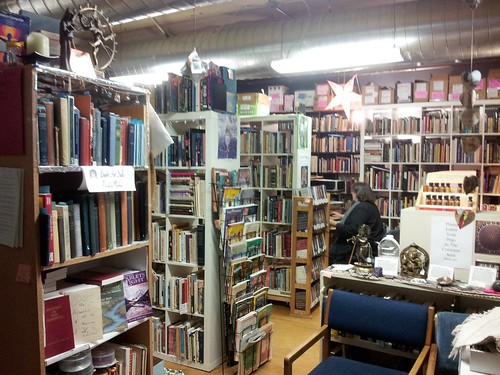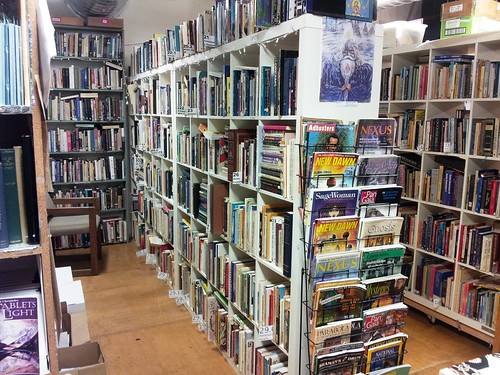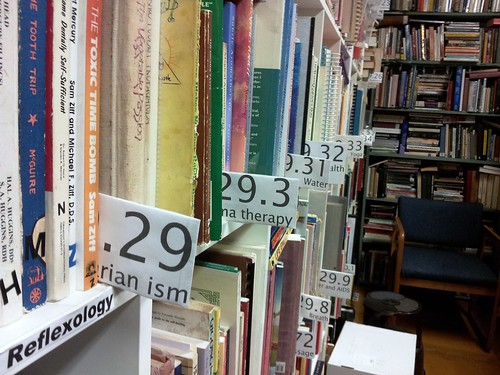As institutions committed to equity of access and dedicated to free and unrestricted public use, the nation's nearly 1,250 depository libraries serve as one of the vital links between "We the people" and our Government. Anyone can visit federal depository libraries and use the federal depository collections which are filled with information on careers, business opportunities, consumer information, health and nutrition, legal and regulatory information, demographics, and numerous other subjects. - Taken from the FDLP Desktop Website
The FDLP newsletter often highlights Federal Depository Libraries (FDLs). This week's post is a re-post of the highlight of the Hawaii State Library. The images and text below were taken from the FDLP newsletter. Check out the list of other depository library highlights on the FDLP Desktop and to read the original post on the Hawaii State Library.
In the interest of not crossing the lines of fair use , I am only including a portion of the original post, and some of the photos, and encourage you to read the full post in the FDLP newsletter and check out some of the other libraries on the highlight list.
_______________________________________
Would you like to apply for a U.S. passport and learn about traveling abroad and the countries you’re visiting? Are you an inventor researching patents? Are you also interested in foreign trade and marketing possibilities for your product? In Honolulu, Hawaii, you’re in luck; the Hawaii State Library (HSL) has a rich Federal depository collection and offers many additional services involving U.S. Government information. In addition to serving as a Federal depository library since 1929, spanning years as a U.S. territory and state, the library’s Federal Documents Section partners with other Federal agency programs for services that regularly attract new visitors and returning patrons alike. The knowledgeable and helpful staff express, “E Komo Mai” or “Welcome” to all.
The Hawaii State Library is the main library of the Hawaii State Public Library System, which supports three Federal depositories within the state. When entering the library building, the Federal Documents Section is clearly identifiable with colorful Government posters. The unit has a historic Federal depository collection, public computers, staff-created resource guides, and much more. Federal Documents Section staff have proactively sought out opportunities that enhance access to the Federal depository collection and U.S. Government information in general, resulting in greater visibility for the depository collection and the library. Read the full article here.





















